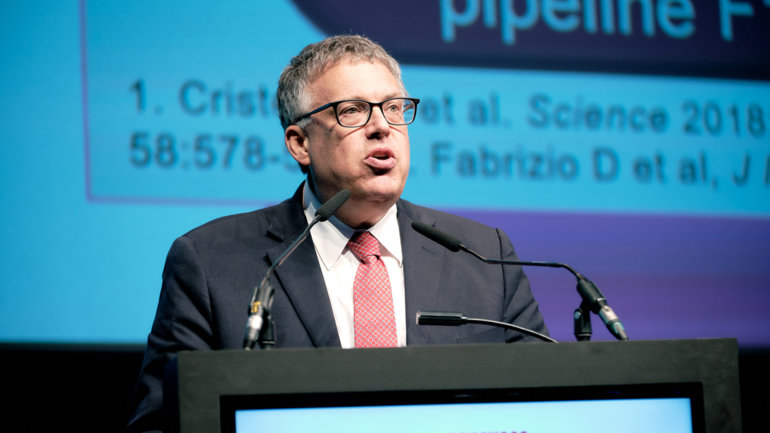
Switching from intravenous to oral or subcutaneous cancer treatment: a sustainable approach?
Despite alternative modes of administering anticancer medicines have reinforced the idea that at-home cancer care may be sometimes feasible as well as preferred by patients, there are concerns about costs of and accessibility to these new opportunities.






